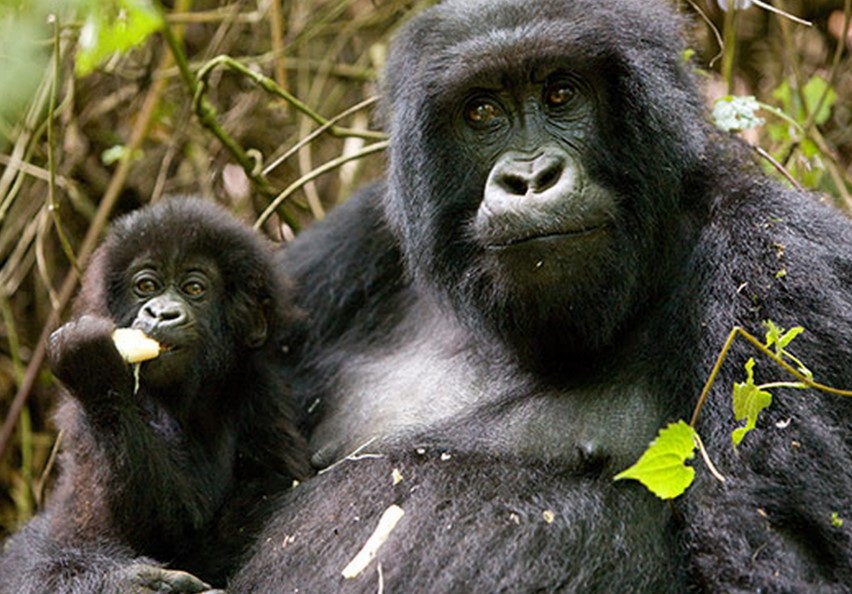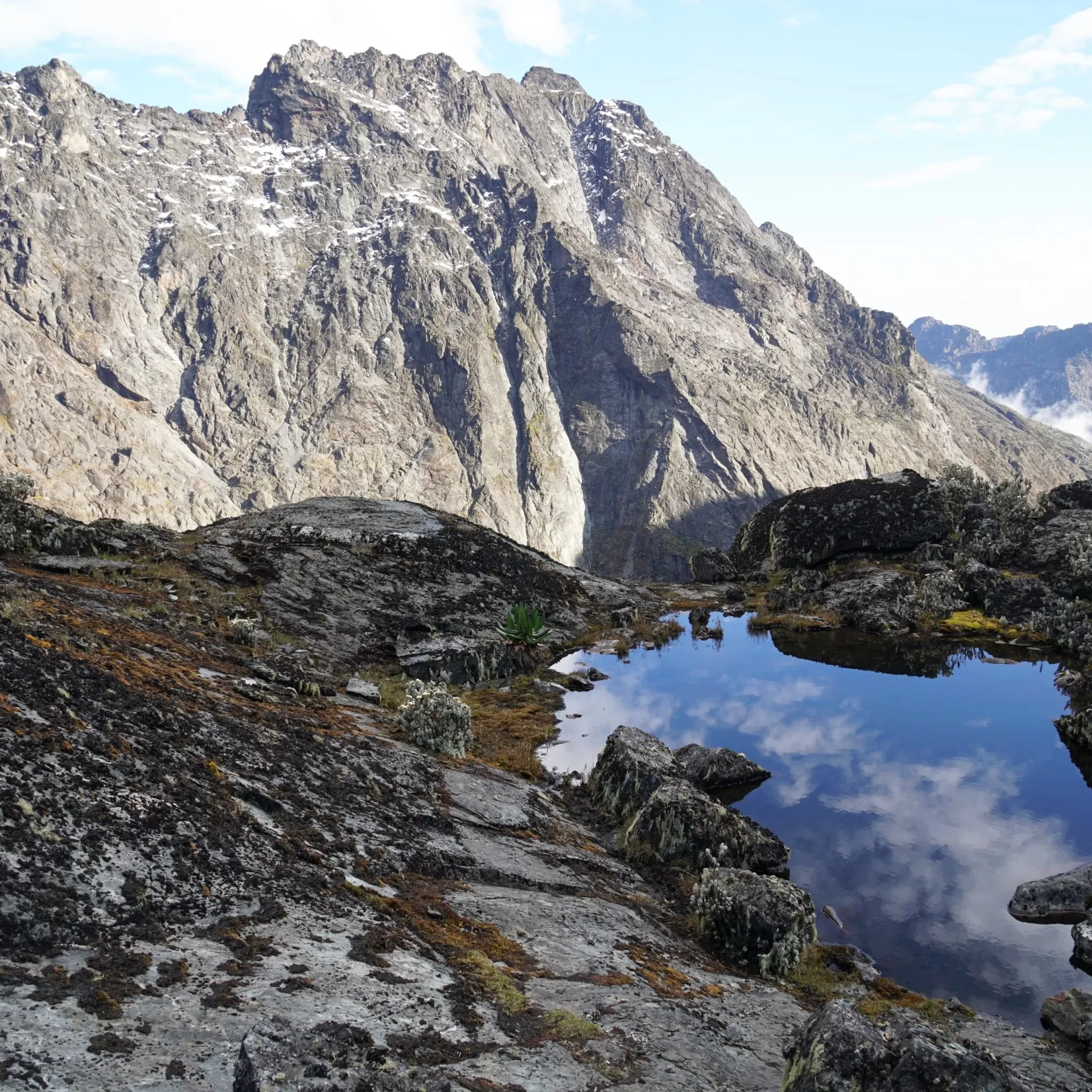Exploring the Wonders of Uganda Tourism – Uganda’s tourism industry has been steadily gaining recognition and popularity in recent years. From its lush national parks and majestic mountains to its vibrant cities and welcoming people, Uganda offers a unique and unforgettable travel experience.
In this article, we will delve into what makes Uganda tourism famous and why it is becoming an increasingly attractive destination for travelers from around the world.
Wildlife Safaris
One of the primary draws for tourists in Uganda is its extraordinary wildlife. The country is home to an array of fascinating creatures, with the most famous being the endangered mountain gorillas. Bwindi Impenetrable National Park and Mgahinga Gorilla National Park are two of the few places in the world where travelers can embark on gorilla trekking adventures. Watching these gentle giants in their natural habitat is a humbling and transformative experience that remains etched in the memories of visitors.
Uganda also boasts the “Big Five,” which includes lions, leopards, elephants, buffalos, and rhinoceroses. Queen Elizabeth National Park and Murchison Falls National Park are prime destinations for safari enthusiasts. You can take game drives through these parks, cruise along the Nile River to witness the thundering Murchison Falls, and witness the untamed beauty of the African wilderness.
Pristine National Parks and Conservation Areas
Beyond the famed gorillas and the Big Five, Uganda is home to a diverse range of ecosystems and landscapes. Kibale Forest National Park is a sanctuary for chimpanzees and numerous other primates, making it a haven for primate enthusiasts and researchers. Semuliki National Park is a unique lowland rainforest that harbors species found nowhere else in East Africa.
For birdwatchers, Uganda is a paradise, with over 1,000 species of birds recorded across the country. Bwindi Impenetrable National Park is a birdwatcher’s dream, with many endemic species, while the Kazinga Channel in Queen Elizabeth National Park is a birding hotspot. The country’s wetlands, including Lake Victoria and Lake Bunyonyi, also provide excellent opportunities for birdwatching.
Adventure Tourism
Uganda’s diverse terrain makes it an excellent destination for adventure seekers. The Rwenzori Mountains, often referred to as the “Mountains of the Moon,” offer challenging trekking experiences with stunning alpine scenery. Hiking enthusiasts can traverse the dramatic landscapes and glaciers of this UNESCO World Heritage Site.
The Nile River, which flows through Uganda, presents numerous adrenaline-pumping activities. Jinja, often called the “Adventure Capital of East Africa,” offers white-water rafting, bungee jumping, kayaking, and jet boating, making it a hub for adventure tourism.
Rich Cultural Heritage
Uganda is a tapestry of cultures and ethnicities, with over 56 different tribes coexisting harmoniously. The country’s cultural diversity is evident in its music, dance, art, and cuisine. Visitors can immerse themselves in local traditions, witness vibrant cultural performances, and even participate in traditional ceremonies.
The Baganda people, Uganda’s largest ethnic group, have a rich cultural heritage that is showcased in the vibrant city of Kampala. Visitors can explore the Kabaka’s Palace, visit traditional markets, and enjoy the lively nightlife that reflects the urban pulse of the country.
Hospitable People
One of Uganda’s greatest assets is its warm and welcoming people. Ugandans are known for their hospitality and friendliness, and visitors often find themselves forming deep connections with the locals. Whether you’re sharing stories with a village elder, enjoying a home-cooked meal with a local family, or dancing to traditional rhythms, the people of Uganda make tourists feel like they are part of the community.
Equatorial Climate
Uganda’s location on the equator gives it a pleasant climate year-round, making it an ideal destination for travelers seeking moderate temperatures. The country’s diverse topography results in varying climates across regions, but generally, temperatures range from 26°C to 30°C (79°F to 86°F) in most parts of the country. This favorable climate allows for year-round travel and outdoor activities.
Sustainable Tourism Initiatives
Uganda has made significant strides in promoting sustainable tourism practices. Conservation efforts to protect the country’s natural resources and wildlife are a top priority. The revenue generated from tourism contributes to the preservation of national parks and the well-being of local communities, creating a win-win situation for both tourists and the environment.
Conclusion
Uganda’s tourism industry is gaining well-deserved recognition for its diverse attractions and welcoming atmosphere. From thrilling wildlife encounters with gorillas and the Big Five to exploring pristine national parks, embarking on adventure activities, and experiencing the rich cultural heritage, Uganda offers a multifaceted travel experience that appeals to a broad range of interests.
The combination of breathtaking landscapes, friendly locals, and a commitment to sustainable tourism makes Uganda a unique and memorable destination for travelers seeking an authentic African experience. As the “Pearl of Africa” continues to shine on the global tourism stage, it invites adventurers, nature enthusiasts, and culture seekers to discover its hidden treasures and create lasting memories. Uganda’s tourism industry is on the rise, and it promises a wealth of experiences that will leave a lasting impression on every visitor.



Comment (0)